Introduction: How to Make Your Own Natural Homemade Toothpaste
Oral hygiene is an essential aspect of our daily routine. Brushing our teeth twice a day is a common practice, but have you ever thought about the ingredients in your toothpaste? Many commercial toothpaste brands contain harmful chemicals such as triclosan, sodium lauryl sulfate, and fluoride. These chemicals can have adverse effects on our health, including disrupting our hormones and damaging our teeth and gums.
The good news is that you can make your own natural homemade toothpaste with simple, natural ingredients. Not only is it healthier for you, but it’s also cost-effective and environmentally friendly.
Why Make Your Own Natural Homemade Toothpaste?
By making your own toothpaste, you have control over the ingredients and can customize it to your liking. You can avoid harmful chemicals and additives and use natural ingredients that are gentle on your teeth and gums.
Additionally, making your own toothpaste is cost-effective. You can purchase the ingredients in bulk and make a large batch that will last you for months. This saves you money and reduces waste from packaging.
In this article, we will guide you through the steps of making your own natural homemade toothpaste. We will cover the benefits of natural toothpaste, the ingredients you will need, and the step-by-step process to make your own toothpaste at home.
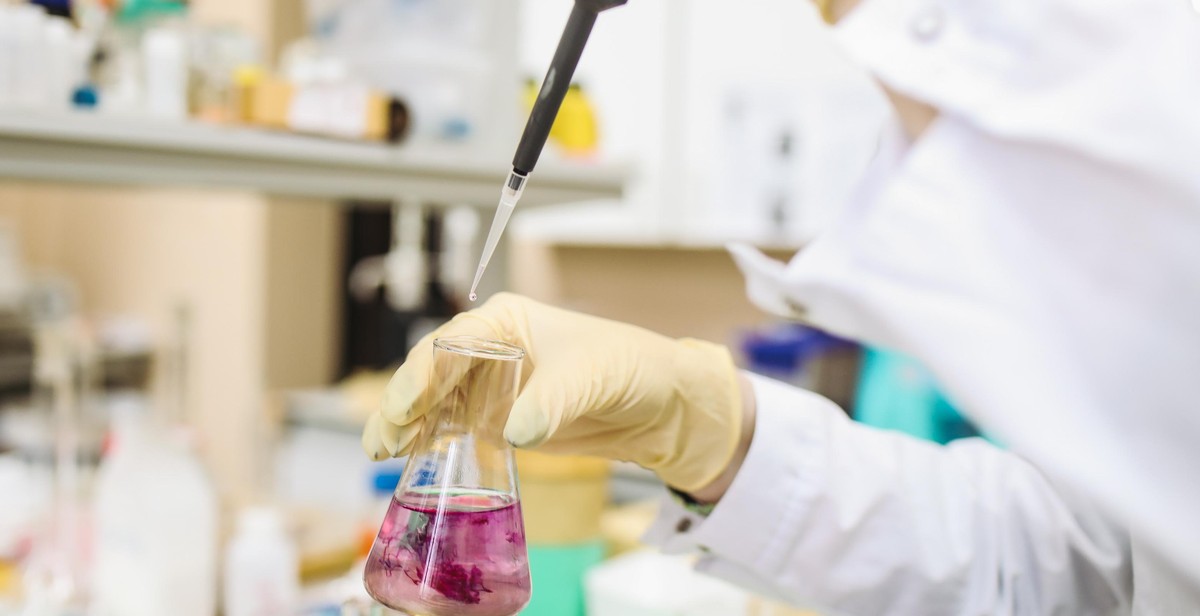
Why Make Your Own Toothpaste?
Using natural homemade toothpaste has become increasingly popular over the years due to the numerous benefits it provides. One of the main advantages is that it is free from harmful chemicals found in commercial toothpaste.
Benefits of Natural Toothpaste
Natural toothpaste is made from organic ingredients, making it safer and healthier for your teeth and gums. Unlike commercial toothpaste, natural toothpaste does not contain harsh chemicals such as sodium lauryl sulfate, triclosan, and fluoride. These chemicals have been linked to various health issues such as skin irritation, hormone disruption, and even cancer.
Using natural toothpaste also helps to maintain the natural balance of bacteria in your mouth. Commercial toothpaste often contains antibacterial agents that can kill both good and bad bacteria, disrupting the natural balance in your mouth. Natural toothpaste, on the other hand, contains ingredients that promote the growth of good bacteria, which helps to keep your mouth healthy and clean.
Avoiding Harmful Chemicals
Many commercial toothpaste brands contain harmful chemicals that can cause damage to your teeth and gums. For example, sodium lauryl sulfate is a foaming agent that can cause irritation and dryness of the mouth. Triclosan, another common ingredient in commercial toothpaste, has been linked to antibiotic resistance and hormonal disruption. Also, fluoride, while effective in preventing tooth decay, can be harmful if ingested in large amounts.
Making your own natural toothpaste allows you to avoid these harmful chemicals and create a product that is tailored to your specific needs. You can choose ingredients that are gentle on your teeth and gums and avoid those that may cause irritation or other health issues.
Conclusion
Making your own natural homemade toothpaste is a great way to ensure that you are using a product that is safe, healthy, and effective. By avoiding harmful chemicals found in commercial toothpaste and using organic ingredients, you can maintain good oral health and overall well-being.
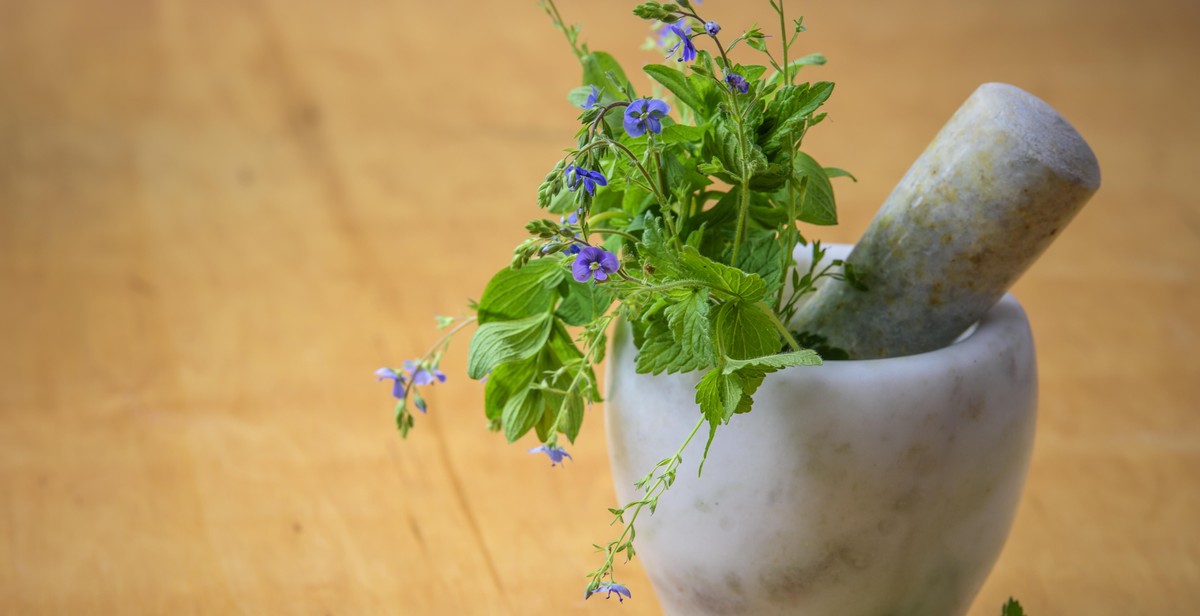
Ingredients You’ll Need
Baking Soda
Baking soda is a common ingredient in many natural toothpaste recipes due to its gentle abrasiveness and ability to neutralize acids in the mouth. It helps remove surface stains and leaves your teeth feeling clean and fresh.
Coconut Oil
Coconut oil is a natural antibacterial agent that helps combat harmful bacteria in the mouth. It also helps reduce inflammation and soothes gum irritation. In addition, it helps bind the other ingredients together and gives the toothpaste a smooth texture.
Peppermint Essential Oil
Peppermint essential oil is a popular ingredient in natural toothpaste due to its refreshing flavor and ability to freshen breath. It also has antiseptic properties that help kill bacteria in the mouth and promote oral health.
Optional Ingredients
There are many optional ingredients you can add to your homemade toothpaste recipe to customize it to your liking. Some popular options include:
- Xylitol – a natural sweetener that helps prevent tooth decay
- Calcium carbonate – a gentle abrasive that helps remove surface stains
- Activated charcoal – helps whiten teeth by absorbing surface stains
- Tea tree oil – has antibacterial properties that help fight gum disease
| Ingredient | Benefits |
|---|---|
| Baking soda | Gentle abrasiveness, neutralizes acids in the mouth |
| Coconut oil | Antibacterial, reduces inflammation, binds ingredients together |
| Peppermint essential oil | Refreshing flavor, freshens breath, antiseptic |
By combining these ingredients, you can create a natural and effective toothpaste that promotes oral health and leaves your mouth feeling clean and refreshed.
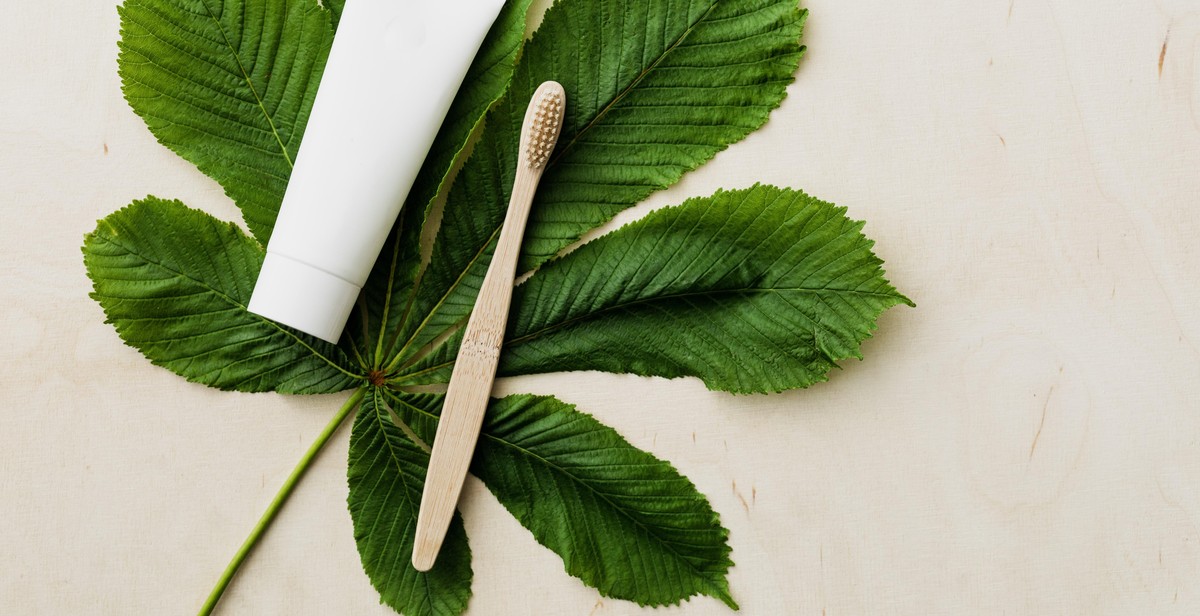
How to Make Your Own Toothpaste
Making your own natural homemade toothpaste is a great way to ensure that you are using safe and natural ingredients on your teeth. Here are the steps to follow:
Step 1: Measure Out Your Ingredients
To make your own toothpaste, you will need the following ingredients:
- 1/2 cup baking soda
- 2-3 tablespoons coconut oil
- 10-15 drops peppermint or cinnamon essential oil
Measure out the ingredients and have them ready to mix together.
Step 2: Mix Your Ingredients Together
In a bowl, mix the baking soda and coconut oil together until they form a smooth paste. You can adjust the amount of coconut oil to get the consistency that you prefer.
Once the mixture is smooth, add in the essential oil drops and mix again until evenly distributed.
Step 3: Adjust the Consistency
If the toothpaste is too thick, you can add a bit more coconut oil to thin it out. If it is too thin, you can add more baking soda to thicken it up.
Step 4: Store Your Toothpaste
Transfer your homemade toothpaste to a small jar or container with a lid. Store it in a cool, dry place.
| Ingredient | Benefit |
|---|---|
| Baking soda | Whitens teeth and removes stains |
| Coconut oil | Kills bacteria and freshens breath |
| Peppermint or cinnamon essential oil | Adds flavor and freshens breath |
Conclusion
Making your own natural homemade toothpaste is easy and affordable. By using safe and natural ingredients, you can ensure that you are taking care of your teeth and overall health. Try this recipe and enjoy the benefits of a healthy, natural smile.
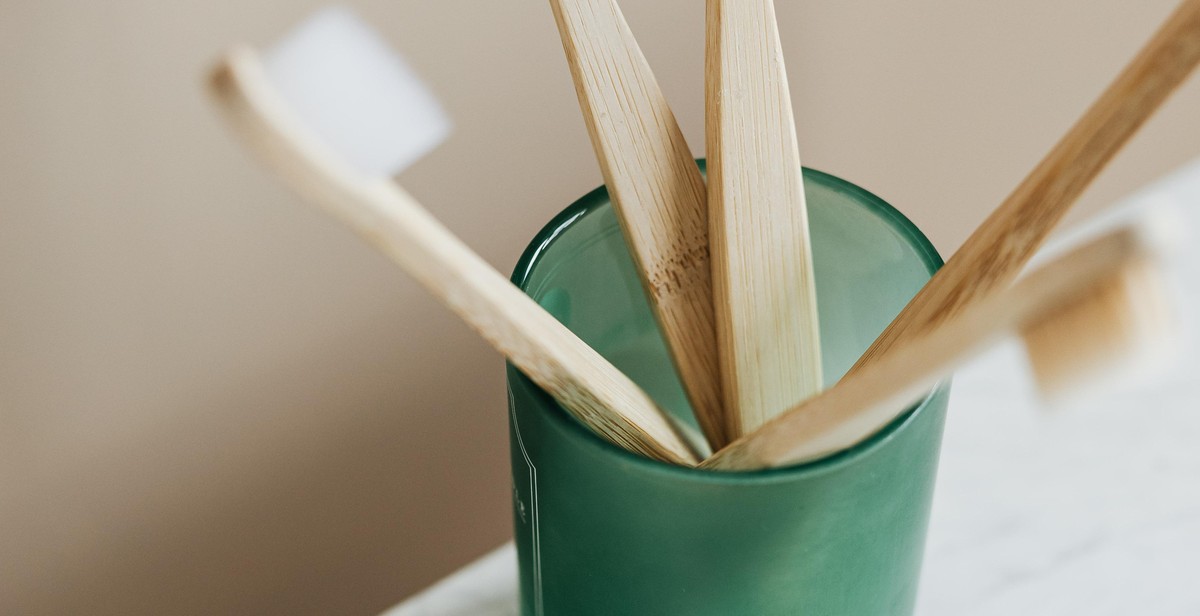
Tips for Using Your Homemade Toothpaste
Using homemade toothpaste is a great way to maintain healthy teeth and gums without exposing your mouth to potentially harmful chemicals. However, there are a few things to keep in mind to make sure you get the most out of your homemade toothpaste.
Use a Small Amount
When using homemade toothpaste, it’s important to remember that a little goes a long way. Unlike commercial toothpaste, which often contains foaming agents, homemade toothpaste may not foam up as much. This means you don’t need to use as much of it to get the job done.
Start with a pea-sized amount of toothpaste on your toothbrush, and add more if needed. Using too much toothpaste can make it harder to rinse your mouth out thoroughly, which can lead to a buildup of bacteria and plaque.
Don’t Swallow the Toothpaste
Homemade toothpaste is made from natural ingredients, but that doesn’t mean it’s safe to swallow. Many of the ingredients used in homemade toothpaste, such as baking soda and essential oils, can be irritating to your digestive system if ingested.
Make sure to spit out your toothpaste after brushing, and rinse your mouth out thoroughly with water. If you have young children who are still learning to brush their teeth, supervise them closely to make sure they don’t accidentally swallow the toothpaste.
Avoid Sharing Your Toothpaste
While sharing is generally a good thing, it’s not a good idea to share your toothpaste with others. Sharing toothpaste can spread germs and bacteria from one person to another, which can lead to infections and other health problems.
Make sure each member of your household has their own toothbrush and tube of toothpaste, and encourage everyone to use their own supplies. This will help keep your family’s teeth and gums healthy, and prevent the spread of germs.
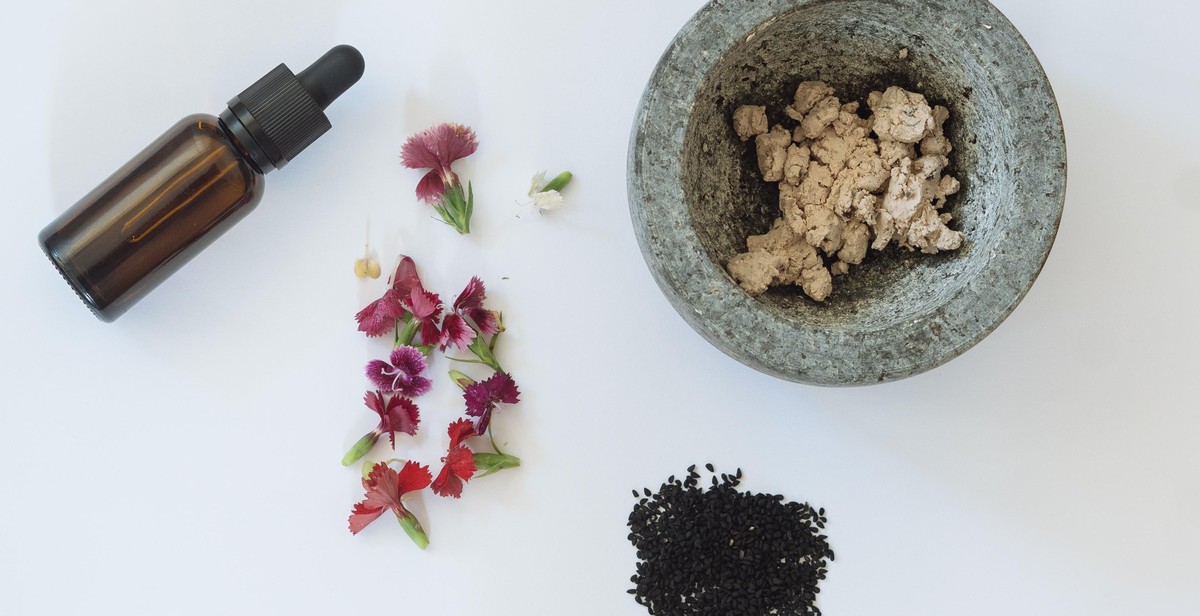
Conclusion
Switching to natural homemade toothpaste can be a game-changer for your oral health. Not only does it eliminate harmful chemicals found in commercial toothpaste, but it can also save you money in the long run.
When making your own toothpaste, it’s important to choose ingredients that are not only effective but also safe for daily use. Baking soda, coconut oil, and essential oils are great options to start with.
Remember, the consistency and flavor of your toothpaste can be adjusted to your liking. Experiment with different ratios and ingredients until you find the perfect formula for you.
Using homemade toothpaste is not only good for your teeth but also for the environment. By reducing your plastic waste, you’ll be contributing to a greener planet.
So why not give it a try? Making your own natural toothpaste is easy, affordable, and can have a big impact on your overall health and well-being.
| Benefits of Natural Homemade Toothpaste |
| Eliminates harmful chemicals found in commercial toothpaste |
| Saves money in the long run |
| Safe for daily use |
| Adjustable consistency and flavor |
| Reduces plastic waste |
Remember to consult with your dentist before switching to homemade toothpaste and to continue practicing good oral hygiene habits such as brushing twice a day and flossing regularly.
